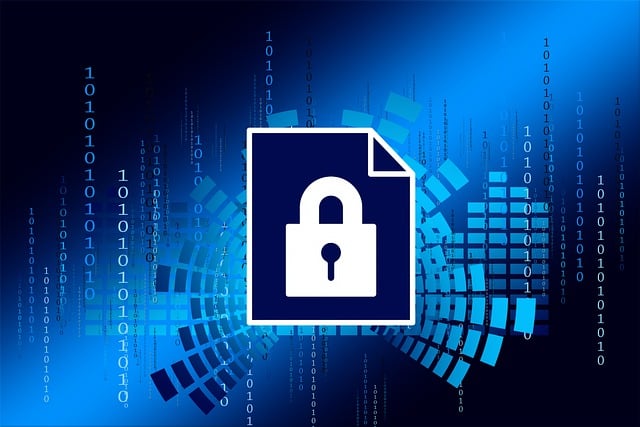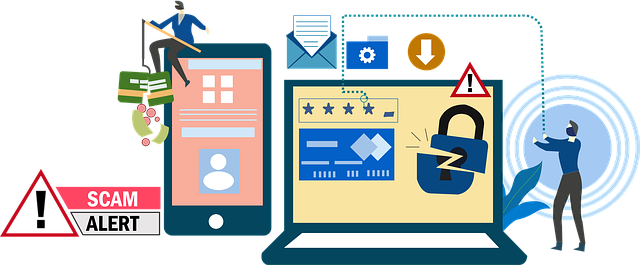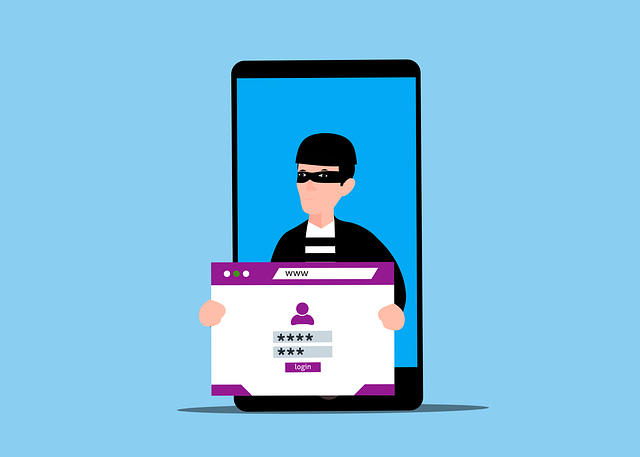Student rental scams target newcomers to independent living with fraudulent listings, overpriced sublets, and false promises. To ensure safe college renting, students should cross-reference listings, verify contact details, and inspect properties before signing agreements. Be wary of low rent, urgent payment requests, and suspicious ads. Protect personal data by avoiding unnecessary information sharing and scrutinizing request methods. Build a support network through peers, unions, housing offices, and trusted faculty for guidance and scam warnings. Educate yourself on legal rights to navigate lease agreements and fair housing practices securely.
“Navigating the world of student rental properties can be a daunting task, especially with the prevalence of scams. This comprehensive guide aims to empower students with essential tools for safe college renting. We’ll delve into understanding common scams, recognizing red flags, and spotting legitimate listings. Protecting personal information, building support networks, and knowing legal rights are also covered. By following these tips, students can avoid pitfalls and ensure a secure and stress-free rental experience.”
- Understanding Common Student Rental Scams
- Red Flags to Watch Out For
- How to Spot a Legit Property Listing
- Protecting Your Personal Information
- Building a Support Network for Safe Renting
- Legal Rights and Resources for Students
Understanding Common Student Rental Scams

Student rental scams are a common issue, targeting those new to independent living. Understanding these scams is the first step towards ensuring safe college renting. One frequent tactic involves fraudulent listings; scammers create convincing ads for non-existent properties, often with attractive prices. They may use stolen photos and fake contact information, making it challenging for students to verify the listing’s legitimacy.
Another common scam involves overpriced sublets or false promises of shared living spaces. Scammers target desperate students by advertising affordable options that turn out to be much more expensive or non-existent once the student arrives. To stay safe, students should cross-reference all listings with trusted sources, verify contact details, and always inspect properties before signing any agreements.
Red Flags to Watch Out For

When on the hunt for safe college renting options, it’s crucial to stay vigilant and watch out for potential red flags. Some scams are masterfully disguised as legitimate offers, so being informed is your best defense. Keep an eye out for unusually low rental rates; if a property seems too good to be true, it probably is. Scammers often target students with enticingly cheap rent, but this could indicate poor maintenance or even illegal subletting practices. Another warning sign is a lack of transparency from the landlord. Legitimate landlords will typically provide clear information about lease terms, security deposits, and any additional fees.
Be wary of urgent requests for payment, especially if they demand immediate money transfers without allowing time to verify details. Scams often create a sense of urgency to pressure tenants into quick decisions. Additionally, always check the listing’s authenticity; look out for typos, poor grammar, or inconsistent formatting, as these could indicate fraudulent listings. Remember, safe college renting involves thorough research and trust in your instincts.
How to Spot a Legit Property Listing

When searching for off-campus housing, students often come across numerous listings online. To ensure a safe college renting experience, it’s crucial to know how to identify legitimate properties. One of the best ways to spot a legit property listing is by checking the details and consistency of the ad. Be wary of listings with vague or incomplete information, such as missing essential details about the property, rent amount, or contact information of the landlord.
Additionally, look for professional photos that showcase the actual property. Scams often use stock images or poorly cropped pictures to mislead potential tenants. If a listing appears too good to be true, it probably is. Verify the authenticity of the listing by cross-referencing with trusted sources or reaching out to the university housing office for advice on safe college renting options.
Protecting Your Personal Information

When searching for safe college renting options, protecting your personal information is paramount. Be wary of sharing sensitive data like your Social Security number, bank details, or credit card information with anyone or any organization unless absolutely necessary. Scammers often pose as landlords or property managers to trick students into divulging this information under the guise of securing a rental agreement or setting up utility payments. Always verify the legitimacy of the request and consider alternative payment methods that offer more security, such as online platforms that specialize in student housing.
To ensure safe college renting, it’s crucial to understand that legitimate landlords typically don’t ask for upfront payments or fees through unconventional methods like wire transfers or gift cards. Be suspicious of any communication that urges you to act quickly, as this is a common tactic to pressure victims into making hasty decisions without properly vetting the situation. Take your time, cross-reference contact information and rental details with official sources, and always prioritize your safety and security when renting off-campus housing.
Building a Support Network for Safe Renting

Building a robust support network is an essential step for ensuring safe college renting. Connect with other students who have experienced the rental process, as they can offer valuable insights and advice on avoiding scams. Utilize campus resources, such as student unions or housing offices, which often host workshops and events focused on educating students about their rights and common rental scams. These networks provide a platform to share experiences, warn of potential dangers, and collectively advocate for safer renting practices.
Additionally, staying connected with trusted faculty members or advisors can offer another layer of protection. They can guide students through the rental process, recommend reputable property managers, and assist in understanding lease agreements. This support network not only helps individuals make informed decisions but also provides a system of accountability and safety during their college renting journey, fostering a sense of security in what could be an overwhelming experience for many.
Legal Rights and Resources for Students

Many students are unaware of their legal rights when it comes to college renting, which can make them vulnerable to scams. It’s essential to understand that as a tenant, you have specific protections under federal and state laws. For instance, landlords must provide written notice for rent increases or evictions, and they cannot discriminate against tenants based on race, religion, gender, or national origin. Knowing these rights is the first step towards safe college renting.
Students should also take advantage of available resources. Most colleges offer free legal aid services or have partnerships with organizations dedicated to protecting tenant rights. These resources can provide guidance on lease agreements, fair housing practices, and what to do if you encounter a suspicious situation. Being informed empowers students to navigate the rental process confidently and securely.














